8 Best Blockchains for NFT Development (2023)
There are many factors to consider when choosing a blockchain to mint your NFTs. Here iss our summary of the eight best NFT blockchains list.
June 7, 2023

The crypto industry has witnessed a proliferation of blockchains, each vying for attention and user adoption. While Ethereum has long reigned supreme as the go-to blockchain for NFT enthusiasts, alternative platforms have gained traction due to concerns over high transaction fees and environmental sustainability.
Creating a definitive list of the top NFT blockchains presents challenges due to the ever-evolving nature of the crypto industry. Rankings frequently shift as new developments emerge. Nonetheless, certain chains, notably Ethereum and Solana, have firmly cemented their positions on the NFT blockchain leaderboard, while other chains face more intense competition.
To determine the most suitable blockchains for NFT development, factors such as network size, creator costs, consumer spending patterns, security, and community input need careful consideration. Let's explore the optimal choices for NFT development.
What Are the Top Blockchains for NFT Development?
Let’s explore the list of popular blockchains for developing NFTs in the section below.
1. Ethereum – The Pioneer of the NFT Landscape
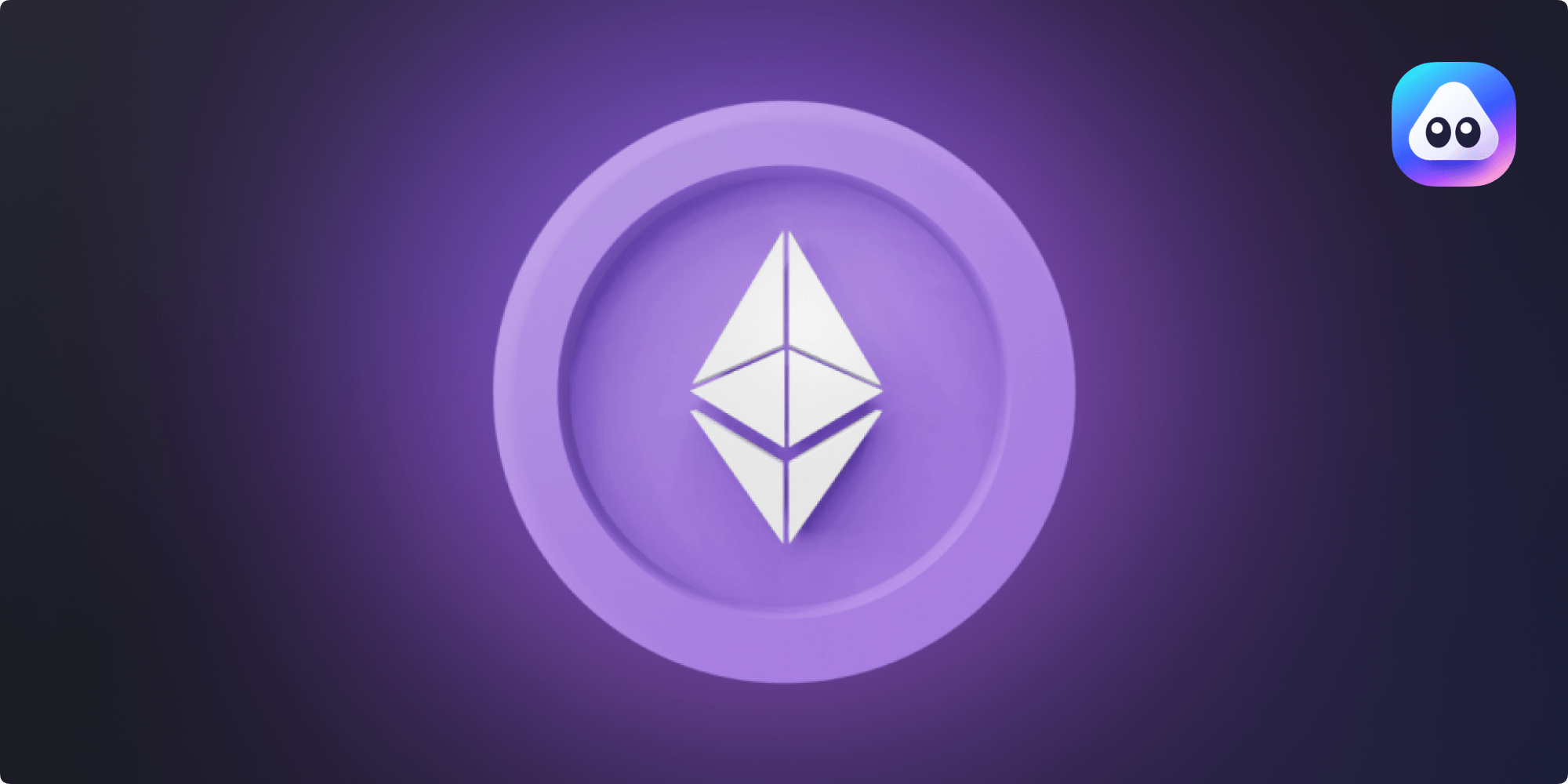
Ethereum remains the dominant NFT chain in the space, offering a decentralized ecosystem encompassing various financial and legal services. Renowned NFT marketplaces like OpenSea, popular projects like CryptoPunks, and the Bored Ape Yacht Club (BAYC), as well as acclaimed artists such as Pak and Beeple have made Ethereum their home.
Until late 2022, the majority of NFT trading took place on OpenSea. OpenSea facilitated the exchange of billions of dollars worth of NFTs during the bullish market period. However, a significant shift in trading volume for Ethereum-based NFTs occurred with the launch of Blur, a professional-oriented NFT marketplace, in October 2022. In February 2023, Blur's trading volume surpassed that of OpenSea for the first time.
The popularity of NFTs on the Ethereum network comes with a drawback. During periods of intense NFT trading activity, the network becomes congested, causing transaction fees, known as gas fees, to skyrocket. For example, in 2022, when Yuga Labs introduced its Otherdeeds NFTs on Ethereum, investors faced gas fees totaling over $100 million, with individual transactions incurring fees as high as $3,000. This highlights the challenges faced by Ethereum due to the high demand for NFTs, leading to congestion issues and exorbitant gas fees.
2. Solana – Unleashing Speed and Scalability
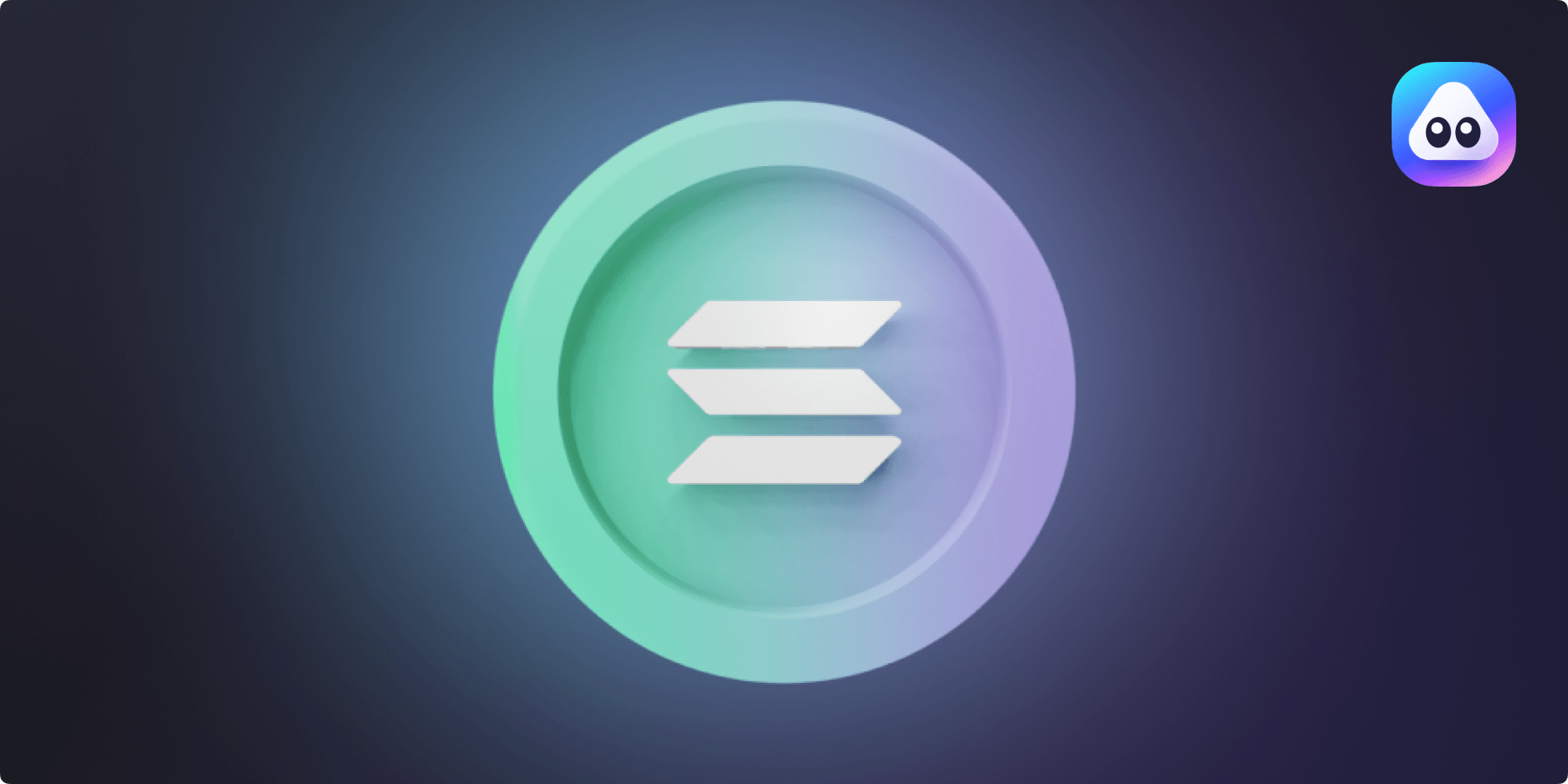
Since its establishment in 2017, Solana has emerged as the second-largest NFT blockchain, boasting a thriving NFT ecosystem. Solana addresses the scalability and transaction speed limitations blockchains like Ethereum and Bitcoin face. The platform's largest NFT marketplace, Magic Eden, has already witnessed trading volumes exceeding $1 billion. In May 2022, Magic Eden surpassed OpenSea's NFT trading volume on Ethereum. Additionally, as of April 2022, OpenSea began supporting Solana NFTs, further expanding their reach.
To buy and sell Solana NFTs, users need a Solana - compatible wallet, such as Trust Wallet, Exodus Wallet, or Phantom. These wallets need to be funded with sufficient SOL, the native cryptocurrency of the Solana network, to cover any gas fees. It's worth noting that Solana's gas fees are generally lower compared to Ethereum, typically amounting to just a fraction of a penny. This affordability enhances the accessibility and attractiveness of participating in the Solana NFT marketplace.
3. Tezos – Self-Amendment and Innovation
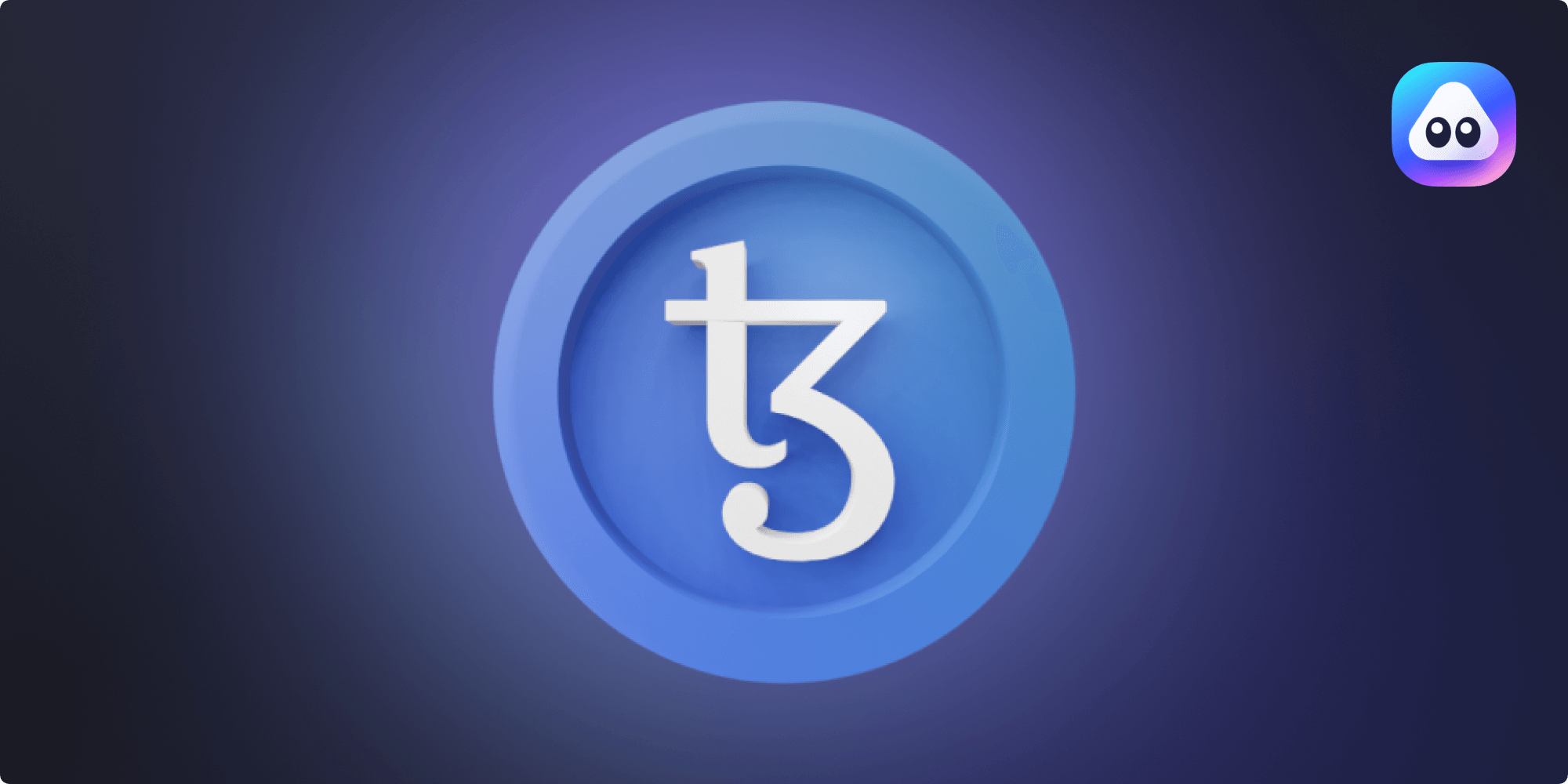
Founded in 2017, Tezos distinguishes itself through its self-amendment capabilities, enabling the blockchain to evolve over time through a formalized protocol upgrade process. This focus on innovation, coupled with its support for smart contracts and decentralized applications, has positioned Tezos as a leader in operability.
Similar to Solana and Ethereum, Tezos employs a PoS consensus mechanism, reducing computational work and transaction fees. While it may not boast the same market dominance as Ethereum, Tezos provides an excellent platform for minting batches of NFTs or building large-scale collections. Objkt is currently the largest and most popular marketplace on the Tezos chain.
4. Flow – Tailored for NFTs, Games, and DApps

Flow is a high-performance blockchain specifically designed for NFTs, games, and decentralized applications. Unlike general-purpose blockchains, such as Ethereum, Flow prioritizes scalability, envisioning a future where billions of people can interact seamlessly with NFTs on the blockchain.
Flow gained significant attention through its partnership with the NBA, hosting NBA Top Shot and playing a vital role in popularizing NFTs. Flow utilizes a PoS consensus mechanism and boasts high transaction throughput, although exact numbers are not specified by the developers. While Flow is not as widely adopted as Ethereum, it has attracted notable sporting organizations like the NBA, NFL, and UFC to launch their own NFT marketplaces on the blockchain.
5. Worldwide Asset Exchange (WAX) – The Hub for Digital Collectibles
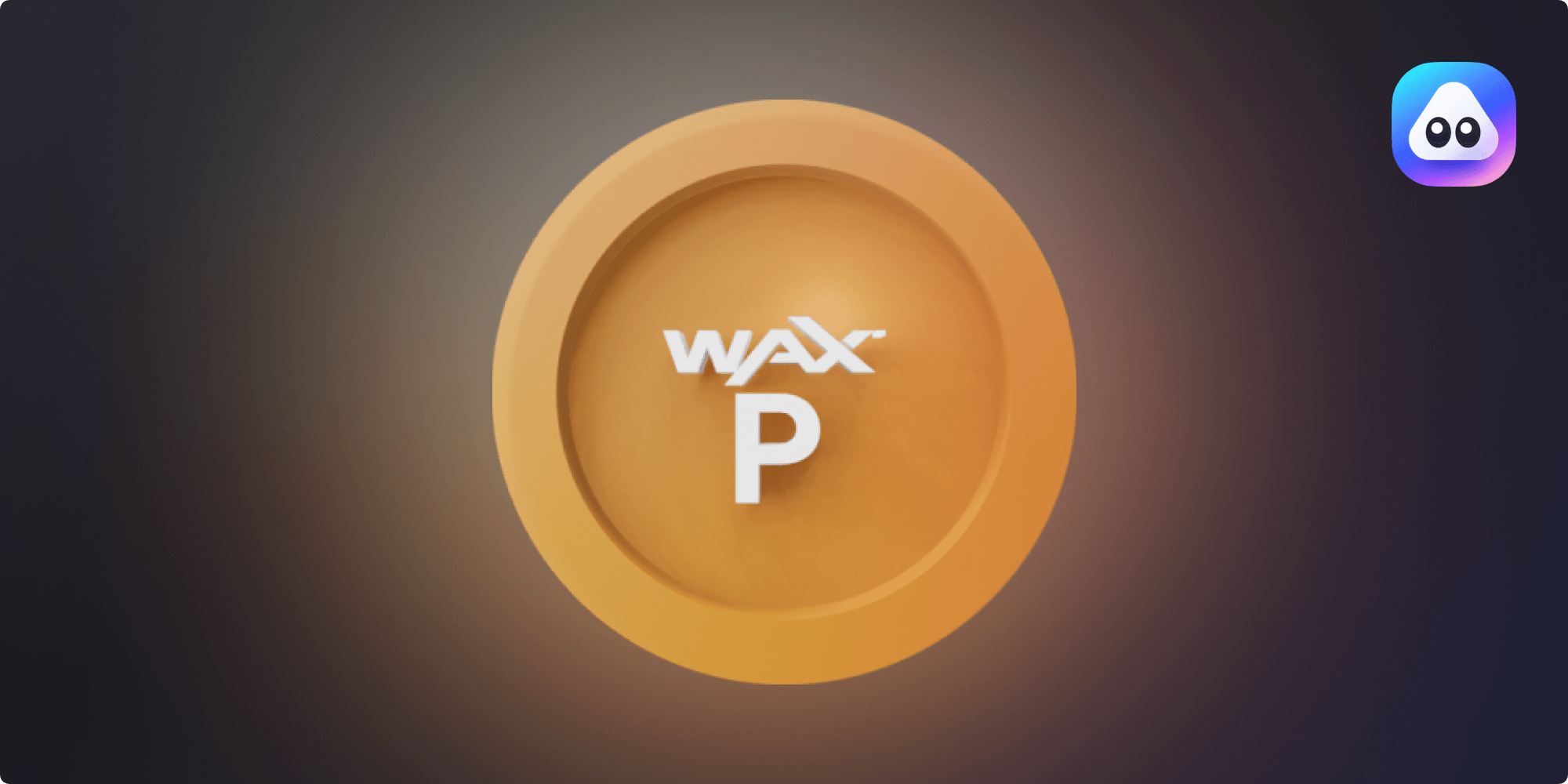
Worldwide Asset Exchange (WAX) is a blockchain platform designed specifically for digital collectibles, virtual goods, and gaming items. It aims to provide a user-friendly and accessible ecosystem for creators and collectors alike. WAX utilizes a delegated Proof-of-Stake (DPoS) consensus mechanism, which ensures fast block confirmation times and high scalability.
WAX has gained recognition for its partnerships with major brands and franchises, including Topps, Capcom, and William Shatner. The platform hosts a variety of NFT marketplaces, such as the WAX Marketplace and AtomicHub, where users can buy, sell, and trade digital assets.
6. Binance Chain (BNB) – The Growing Ethereum Competitor

Formerly two separate chains – Binance Smart Chain (BSC) and Binance Chain, Binance rebranded to BNB Chain in February 2022 to foster innovation in the network and move toward greater decentralization.
Binance Chain (BNB) is a blockchain platform developed by the cryptocurrency exchange Binance. While BNB is primarily known for its role in decentralized finance (DeFi) applications, it has also gained traction as an alternative blockchain for NFTs. BSC offers lower transaction fees compared to Ethereum, attracting users looking for more cost-effective options.
BNB employs a Proof-of-Staked Authority (PoSA) consensus mechanism, which combines elements of PoS and Proof-of-Authority (PoA) to achieve consensus efficiently. The platform supports various NFT marketplaces, including AirNFTs, BakerySwap and NFTb, where users can engage in NFT trading and collectibles.
7. Polygon – Enhancing Ethereum's Scalability
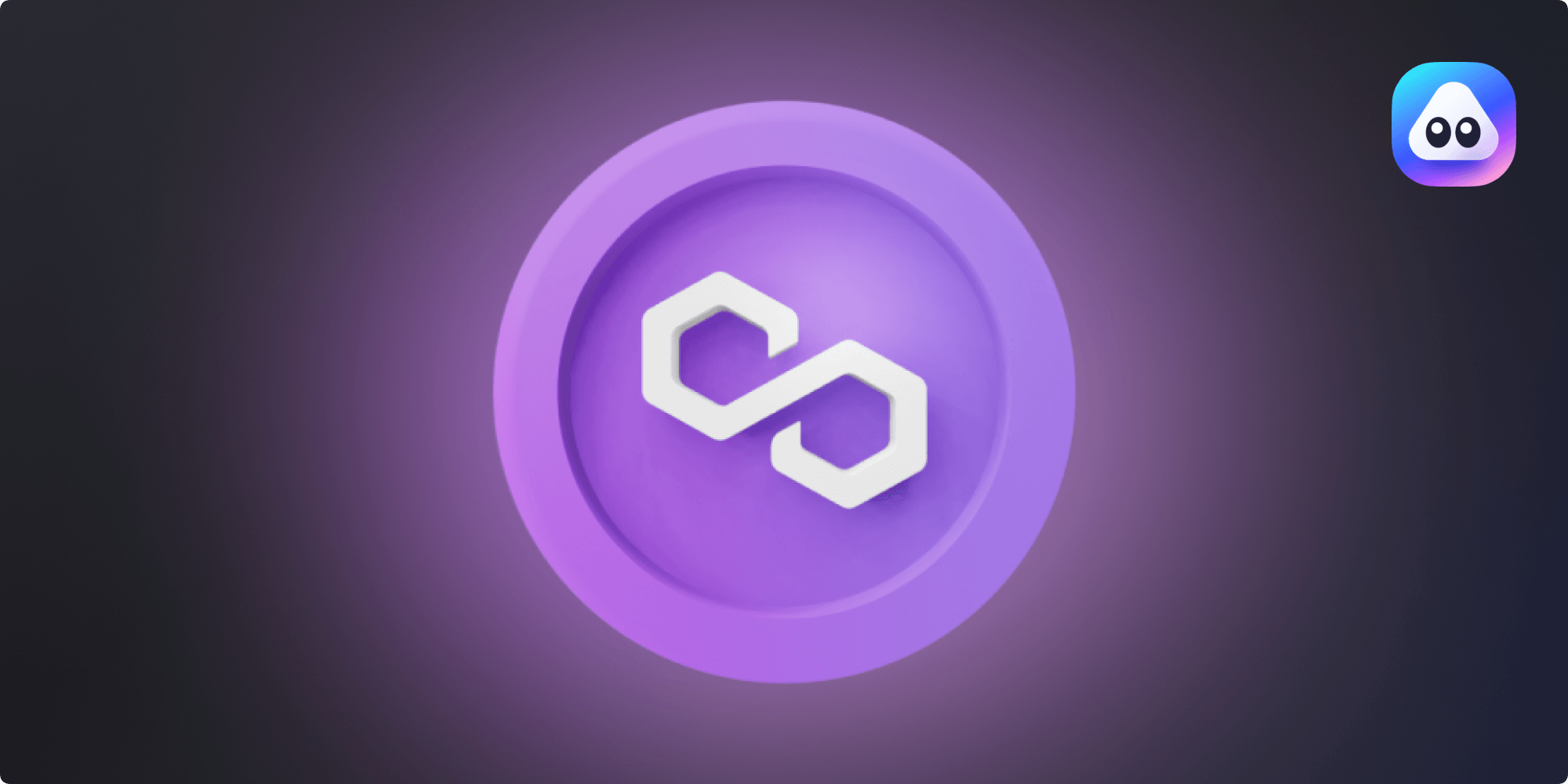
Polygon, formerly known as Matic Network, is a Layer 2 scaling solution for the Ethereum blockchain. It addresses Ethereum's scalability issues by providing a framework for building and connecting multiple sidechains, which operate in parallel with the Ethereum mainnet. This enables faster and cheaper transactions while maintaining the security and decentralization of Ethereum.Polygon has become a popular choice for NFT projects seeking to mitigate high gas fees and enhance user experience. Many Ethereum-based NFT platforms, such as OpenSea and Aavegotchi, have integrated with Polygon to leverage its scalability features.
8. Bitcoin – NFTs on the Original Cryptocurrency
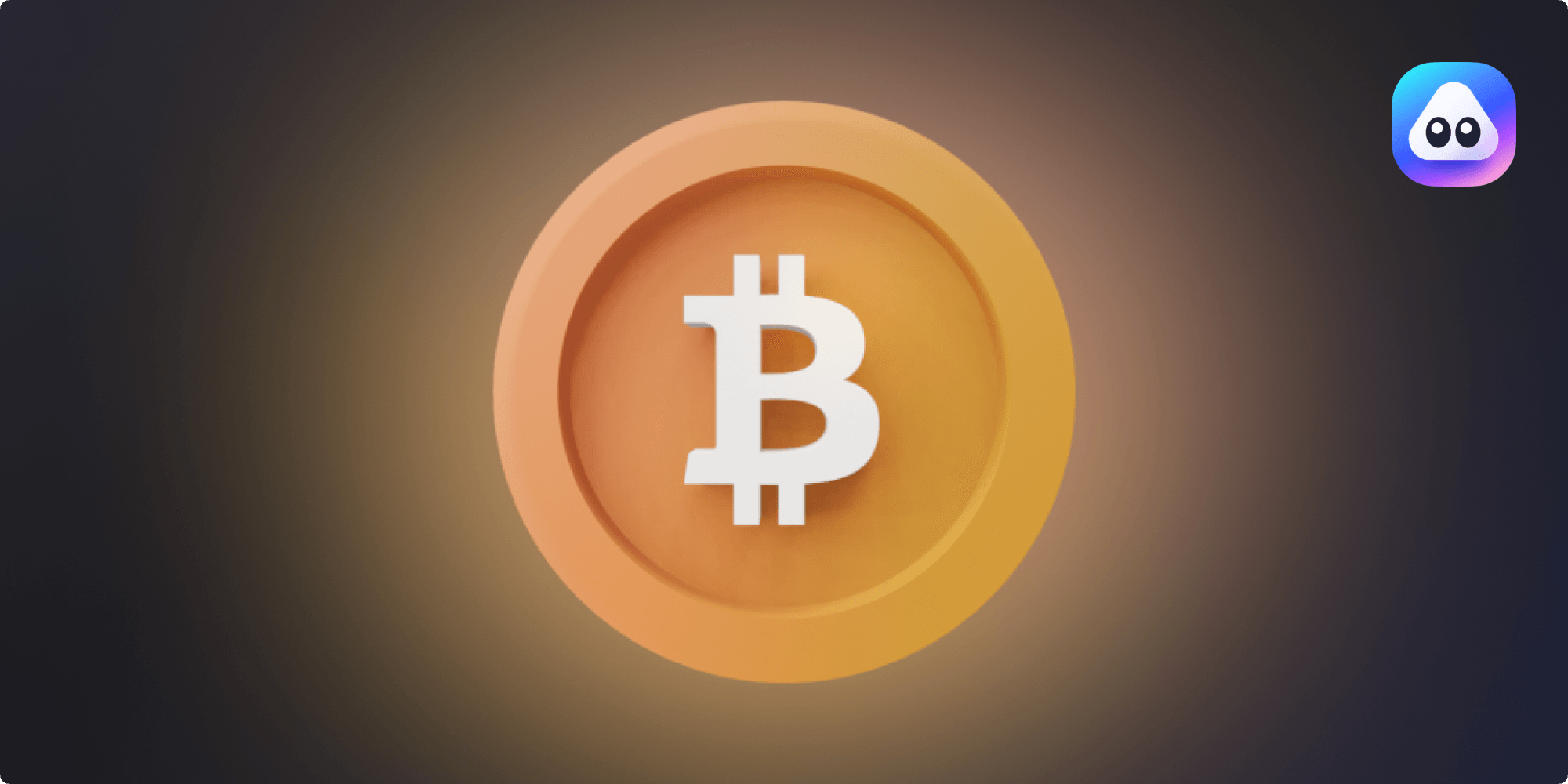
Bitcoin, the pioneering blockchain known for its focus on cryptocurrency transactions, has entered the NFT space. This development came about with the launch of the Bitcoin Ordinals protocol by software engineer Casey Rodarmor on January 21, 2023. The introduction of this upgrade has caused significant controversy among Bitcoin enthusiasts, also known as Bitcoin "maxis," and within the broader NFT ecosystem.
The Bitcoin Ordinals protocol allows Bitcoin node operators to inscribe visual and data-based information onto the tiny units of Bitcoin called satoshis (sats). As a result, fully on-chain NFTs, called Inscriptions, are created. These Inscriptions are assigned chronological numbers, with lower numbers holding higher historical significance. The concept of Ordinals quickly gained traction, and NFT enthusiasts started valuing and trading them accordingly.
Acquiring Bitcoin NFTs has been cumbersome because Bitcoin's infrastructure is not designed for NFT transactions. However, Web3 builders have been developing Bitcoin Ordinals wallets to streamline the process for interested buyers. Over time, the accessibility and ease of obtaining Bitcoin NFTs are expected to improve.
Introducing Bitcoin NFTs has sparked considerable excitement and activity within the Web3 ecosystem. Ordinal Inscriptions recently surpassed one million, indicating the growing interest in this space. Even Yuga Labs, the creators of the renowned Bored Ape Yacht Club, joined in by minting a 300-piece collection on the blockchain on March 5, 2023.
If you are new to NFTs, it's important to note that Bitcoin might not be the ideal starting point for learning about this technology, at least for now. However, if you are interested in being at the forefront of NFT development and innovation, exploring Bitcoin NFTs could be an exciting venture.
How to Choose the Right Blockchain for NFT Development?
Selecting the suitable NFT blockchain depends on various factors, including your specific needs as a creator or collector. Ethereum remains the dominant player, offering a vast ecosystem and established NFT marketplaces. However, alternative blockchains like Solana, Tezos, Flow, WAX, BNB, and Polygon provide unique advantages such as scalability, lower fees, tailored NFT functionalities, and partnerships with prominent brands.
In your quest to explore the exciting world of NFTs, let me introduce you to AirNFTs—the ultimate multi-chain marketplace that opens up a realm of possibilities. Seamlessly connecting the Binance Chain (BNB), Ethereum (ETH), Polygon (MATIC), and Fantom (FTM) blockchains, AirNFTs offers you a gateway to an expansive and diverse NFT ecosystem.
What sets AirNFTs apart is its commitment to providing a user-friendly experience without compromising efficiency or cost-effectiveness. By leveraging multiple blockchains, AirNFTs empowers you to mint, buy, and sell NFTs on your preferred chain, all from a single platform.
Say goodbye to the hassle of navigating different marketplaces or worrying about high transaction fees. Join AirNFTs today and experience a world of creativity, community, and endless opportunities.
